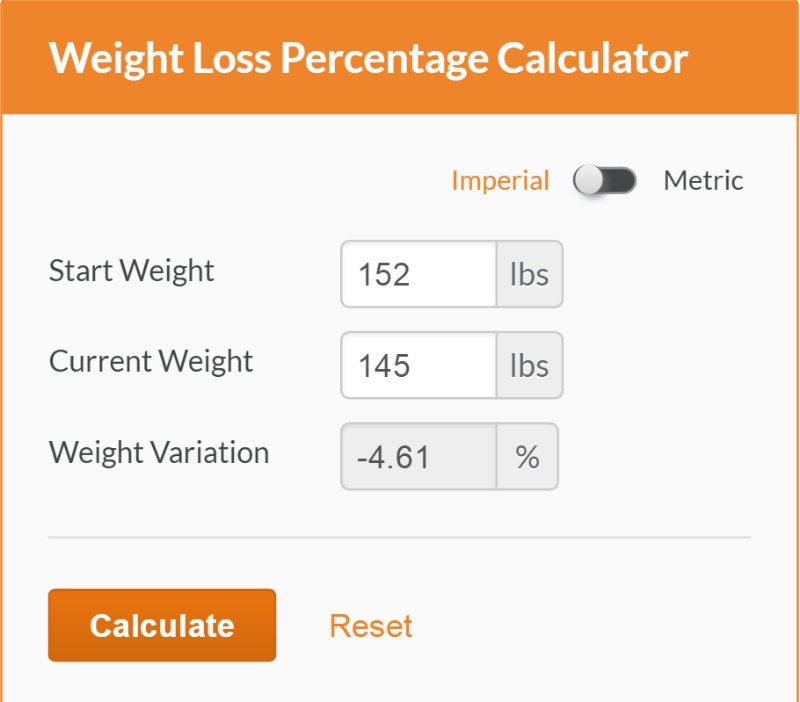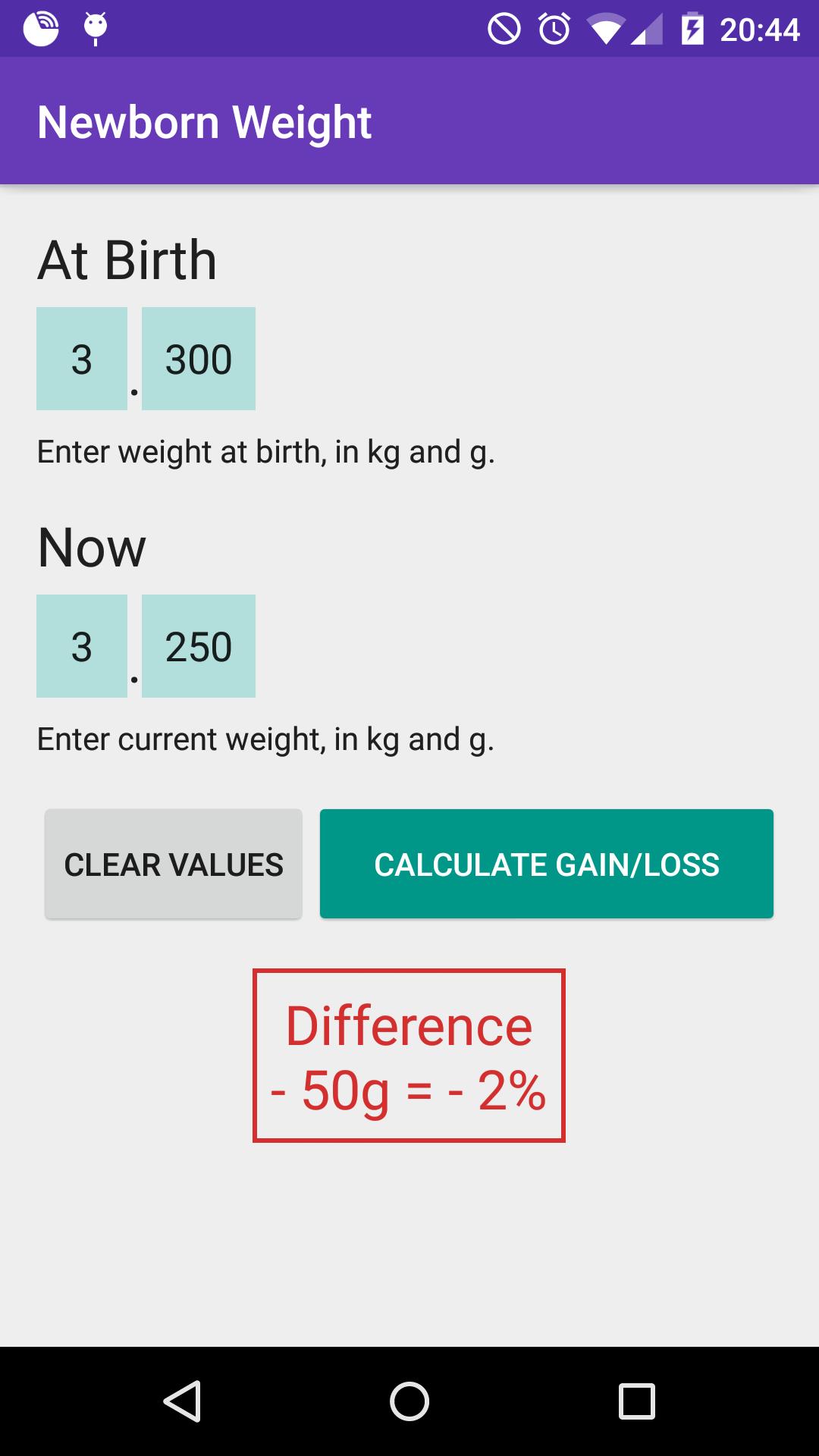For example, if your child weigh s 6 lb.
Subtract your baby's current weight from her birth weight 1. This will allow you to determine how much weight she has lost.

Divide the amount of weight your baby has lost by his birth weight. Remember to use grams -- the metric measurement -- or to convert your baby's birth weight into a decimal by dividing the number of ounces by sixteen. Always use the same units of measurement when calculating. If you are measuring your child's weight using grams, use your baby's birth weight in grams for your calculation.
Calculate Ideal Weight for Infants
Weigh your baby at a time neither immediately before nor after feeding. Feeding causes small changes in a baby's weight that impact the calculation of percentage of birth weight lost.
More Articles. Newborns babies commonly lose weight in the first days of life.
Your Newborn’s Weight: Normal Gains and Losses and What the Average Baby Weighs
These condition commonly require extended or repeat hospitalization in the first days of life to correct. Protecting a newborn baby from excessive weight loss is one of the most important ways we can protect their health and brain. A child who is developing excessive weight loss or losing weight rapidly will need assistance in receiving more milk, either breast milk or properly prepared formula.
This can be achieved by optimizing breastfeeding technique, giving expressed or pumped breast milk or supplementing with safe, tested donor breast milk or properly prepared formula. Some babies will require supplementation earlier if mom is not producing enough milk.
Babies can also exhibit signs of hunger, which can be signs that they are develop hypoglycemia, dehydration and hyperbilirubinemia and are needing more milk. The most important ways we know that a child is receiving enough milk is by closely monitoring weight loss, preventing excessive weight loss, monitoring for hyperbilirubinemia, hypoglycemia and dehydration and ensuring that a newborn is satisfied by their feedings.
If medical attention is not available and your child appears to not be receiving sufficient milk, please supplement first then seek evaluation from a pediatrician or other physician or nurse practitioner trained in newborn care.
